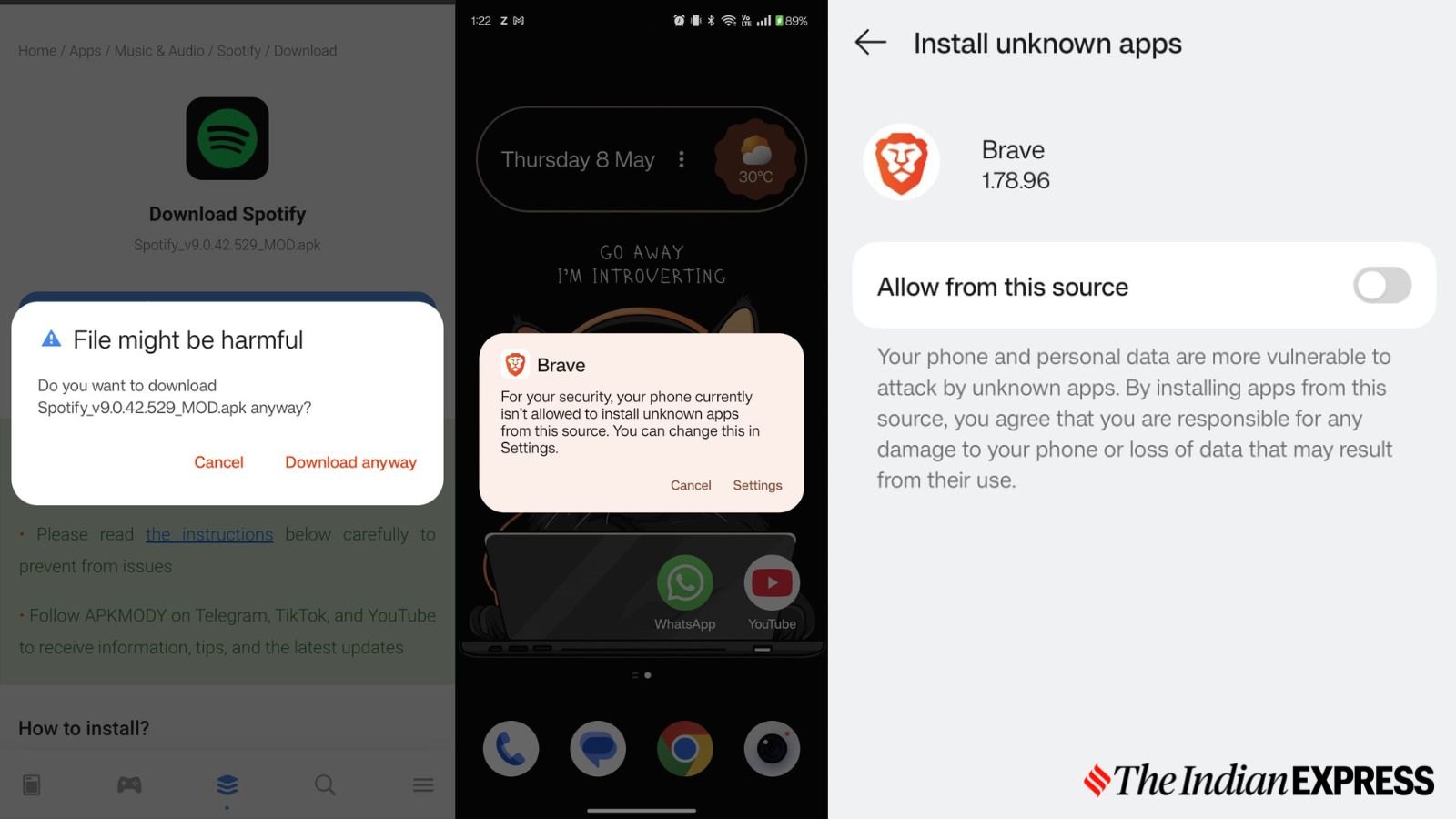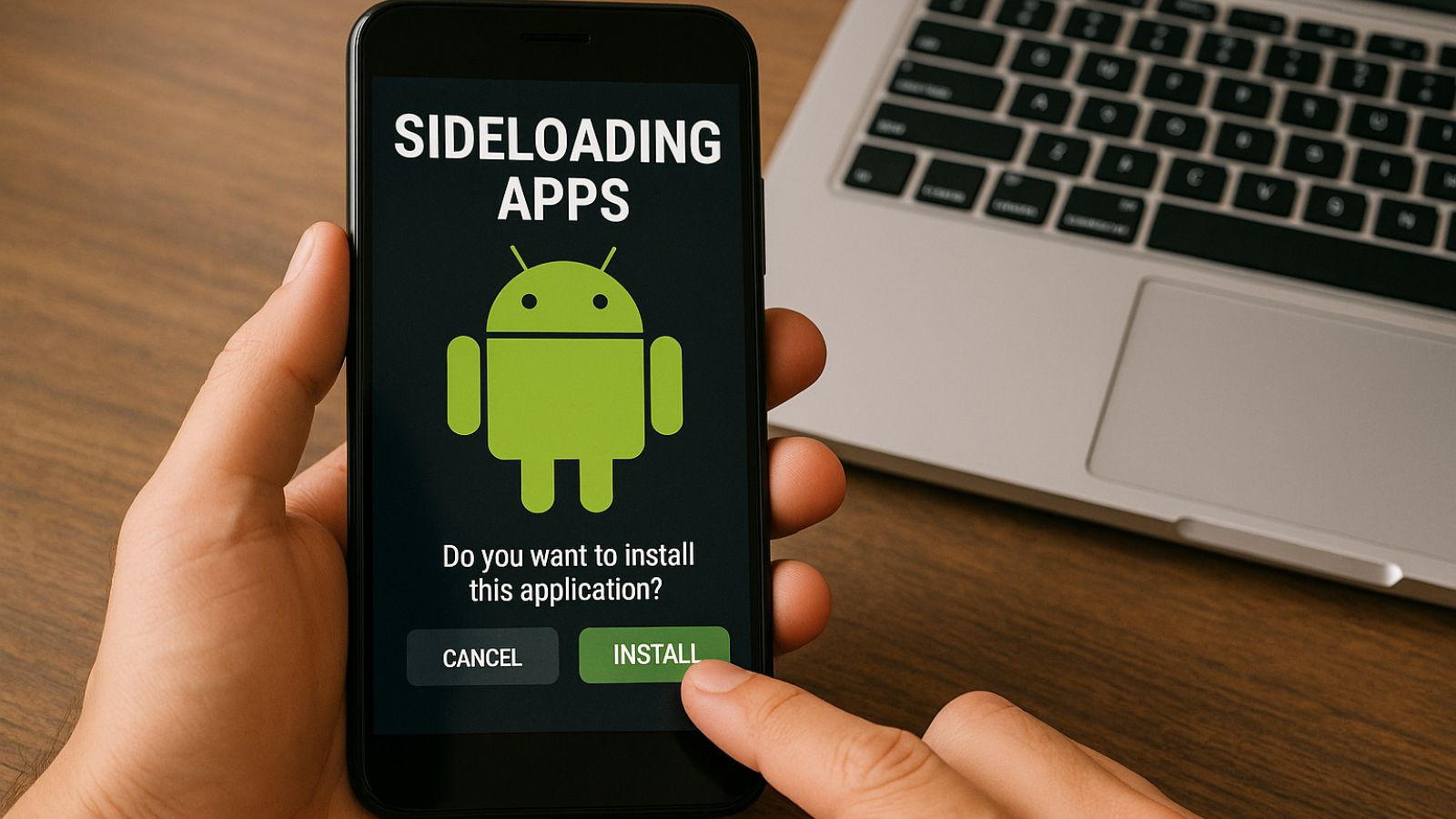I vividly remember tinkering with my Samsung Galaxy Young Duos back in 2012, my first Android smartphone. With an already unlocked bootloader, flashing custom ROMs and even a custom recovery, sideloading various apps and games used to be my idea of a fun weekend activity.
Cut to 2025. Now, even with access to multiple devices, I seem to have lost interest in the very things that made me pick an Android phone over Windows phones, and now iPhones.
What has changed over the decade?
Well, almost everything, at least for me. I still cannot daily drive an iPhone due to several software restrictions that affect my usability. I picked the OnePlus 13, my current daily driver, for multiple reasons; primarily for the fact that it’s an Android-powered device that allows sideloading.
However, I no longer seem to be bothered about the ability to sideload apps. It’s just too risky in 2025, and I’ve heard the same from quite a few Android loyalists who now stay away from sideloading for one specific reason — security.
Google has also made sideloading a bit more complex
 Warnings that popup during app side-loading on Android. (Image credit: Vivek Umashankar/The Indian Express)
Warnings that popup during app side-loading on Android. (Image credit: Vivek Umashankar/The Indian Express)
To sideload an app on Android, you now need to enable multiple permissions, which act like guardrails that, in a way, discourage sideloading. While Android has reached a point where it can promptly detect malware-infested apps, some can still spoof the system using sophisticated methods, evading Play Protect’s detection.
Compared to 2012, there’s too much at stake in 2025, and risk outweighs benefit
Smartphones are no longer limited to calling, messaging, consuming multimedia, and gaming. They’ve become integral to our lives, and a single mistake could lead to major financial losses.
Even if you download an APK diligently, it could access your personal data, leading to privacy breaches or financial harm, especially since most of us now store banking details, personal media, and more on our phones.
Story continues below this ad
One of the original reasons to sideload apps was to get premium features or an ad-free experience for free. However, today, the risks far outweigh the benefits. It’s almost always better to pay for an app or service rather than sideload a pirated version. This not only ensures a secure and optimal user experience but also supports developers in improving the service and adding new features.
You can get banned permanently
Some apps and services have strict policies. If they detect foul play – like using a modified version of their app to unlock premium features – they can ban your account permanently. You could lose all your personal data and settings linked to that account. It’s not worth risking all your personalisation and recommendations just to save a few hundred rupees.
Installing forked versions of popular apps like WhatsApp, YouTube, and Spotify to access premium features and for an ad-free experience has led users to lose their accounts permanently.
Better to be safe than sorry
With ever-increasing cybercrime, I believe almost everyone should avoid sideloading — maybe with a few exceptions like the Epic Games Store, which offers a legitimate service outside the Play Store. Even then, always double-check that you’re downloading the installation file from the original source.
Story continues below this ad
While I’m not against sideloading — in fact, one of the reasons I continue using Android is its openness — the chances of me sideloading an app in the near future are very slim. If you do plan to continue sideloading, always be diligent: cross-check sources and ensure you’re not risking your digital presence or finances just to save a few bucks.






Average Rating